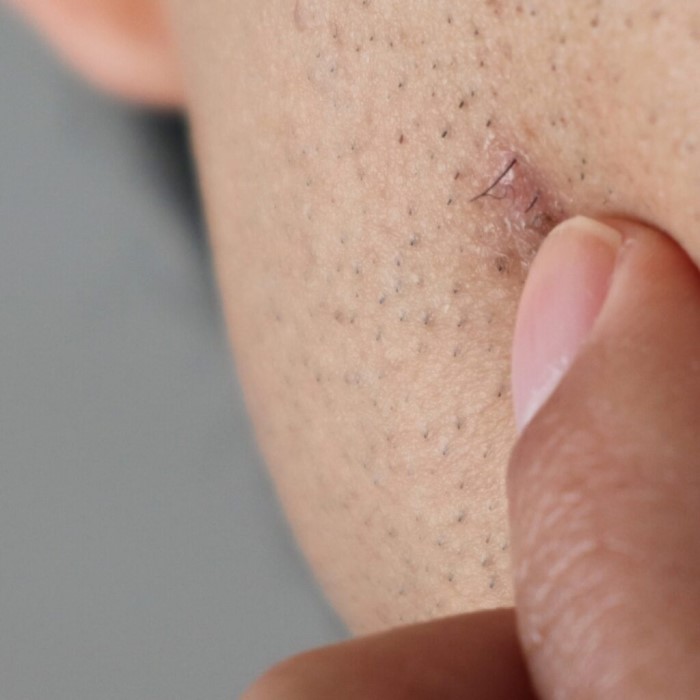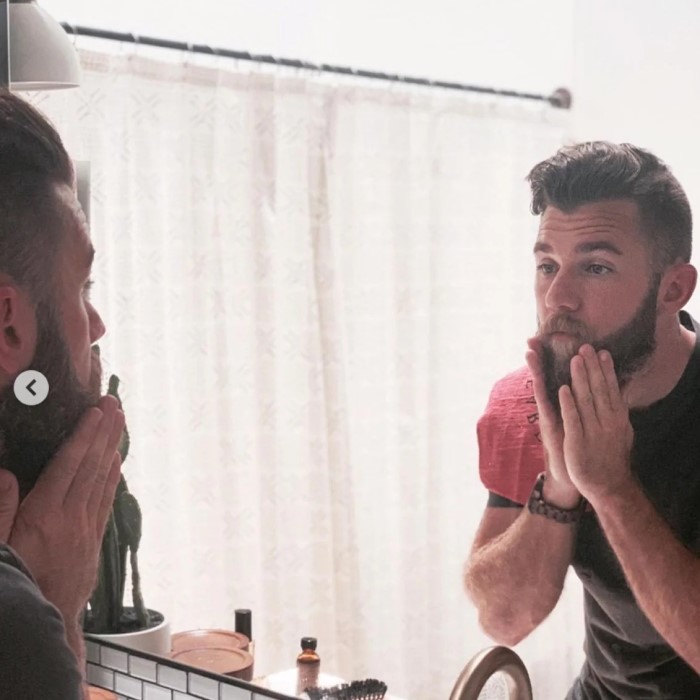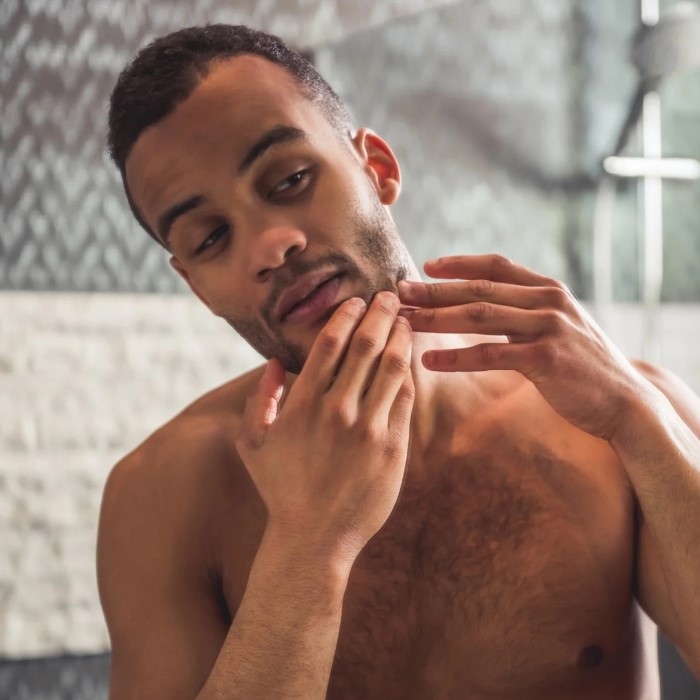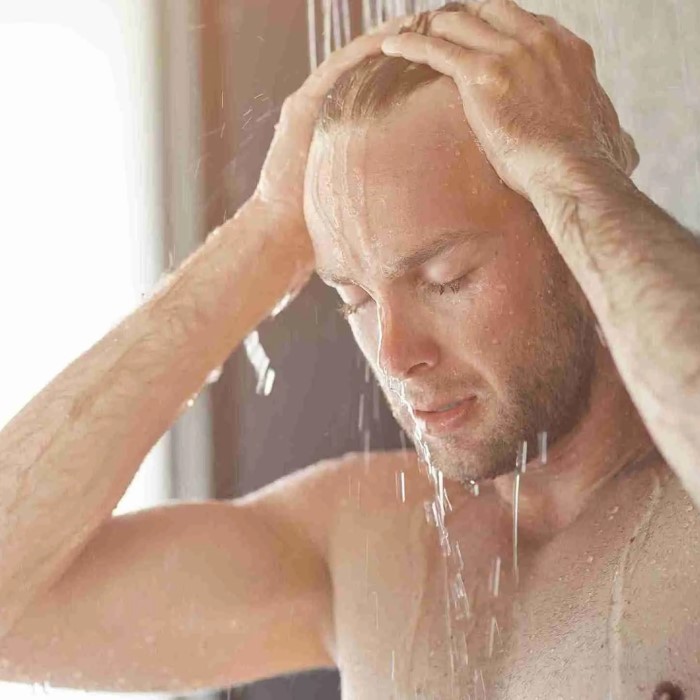
Does Facial Hair Cause Acne? Myths and Facts Uncovered
Does Facial Hair Cause Acne? Understanding the Connection
Facial hair often raises questions about its impact on skin health, particularly concerning acne. Many individuals ask, “Does facial hair cause acne?” Some believe that the presence of hair can trap oil and dirt, leading to clogged pores and breakouts. This article aims to clarify the connection between facial hair and acne by examining prevalent myths, presenting scientific facts, and offering helpful insights to maintain healthy skin.

The connection between facial hair and acne is not as straightforward as one might think. While hair follicles can contribute to acne when they trap dirt, oil, and dead skin cells, it’s essential to understand the overall picture. Different factors come into play regarding skin types, grooming practices, and individual physiological responses.
The Basics of Acne Formation
To grasp the relationship between facial hair and acne, we must first understand how acne forms. Acne results from a combination of excess oil production, blocked hair follicles, the presence of bacteria, and inflammation. The primary culprits include:
Sebaceous Glands
- Function of Sebaceous Glands: Sebaceous glands actively produce oil known as sebum, which plays a vital role in maintaining skin moisture.
- Moisturization: This oil forms a protective barrier on the skin, helping to retain hydration and prevent dryness.
- Consequences of Excessive Oil Production: When these glands produce oil excessively, it can combine with dead skin cells on the surface of the skin.
- Clogged Pores: This mixture can clog pores, creating an environment conducive to acne development.
Hormonal Changes
- Impact of Hormonal Fluctuations: Hormonal fluctuations significantly affect oil production in the skin.
- Key Life Stages: These fluctuations often occur during key life stages such as puberty and menstruation.
- Increased Oil Production: During these times, the body tends to increase oil production, making the skin oilier.
- Increased Acne Risk: The heightened oiliness often leads to an increased likelihood of developing acne.
Bacteria
- Natural Skin Flora: The skin naturally hosts various bacteria, including Propionibacterium acnes, which contribute to skin health.
- Role of Clogged Pores: When clogged pores occur due to excessive oil and dead skin cells, they create a favorable environment for bacterial growth.
- Bacterial Multiplication: The trapped bacteria can multiply rapidly within these clogged pores.
- Resulting Inflammation: This multiplication leads to inflammation, which contributes to the formation of acne and other skin issues.
Understanding these factors emphasizes that while facial hair can influence acne, it isn’t the sole reason for breakouts.
Debunking Common Myths
Myth 1: Facial Hair Alone Causes Acne
One popular belief is that simply having facial hair leads to acne. While facial hair collects oil and dirt, acne results from a complex interplay of multiple factors. Therefore, attributing acne solely to facial hair oversimplifies the issue.
Myth 2: Shaving Causes Acne
Another misconception is that shaving contributes to acne. Though improper shaving techniques may irritate the skin and worsen existing acne, using correct methods can help keep the skin clean and prevent clogged pores. For many, shaving can be a crucial part of their skincare routine.
Myth 3: Beards Automatically Lead to More Acne
- Common Misconception: Many people assume that having a beard directly results in an increased occurrence of acne. This belief is widespread and often perpetuated through anecdotal experiences.
- Factors Influencing Acne: Acne primarily develops due to factors such as oil production, clogged pores, bacteria, and hormonal changes. The presence of facial hair, including beards, does not inherently cause these factors to worsen.
- Importance of Beard Maintenance: Proper beard care plays a crucial role in preventing breakouts. Regularly washing the beard with suitable products helps remove dirt, oil, and dead skin cells that can block pores.
- Regular Cleaning Practices: By incorporating a consistent grooming routine that includes cleansing, conditioning, and moisturizing, individuals with beards can minimize the risk of acne forming in the surrounding skin.
The Impact of Facial Hair on Acne
While facial hair does not directly cause acne, it can still have an impact on skin health. The presence of hair can collect oils and dead skin cells, which could lead to clogged follicles if not properly cared for. Consider the following points:
Hair Follicle Blockage:
-
- When individuals neglect to clean their facial hair regularly, oils and dirt accumulate.
- This accumulation can trap impurities and lead to potential breakouts on the skin.
- To prevent this buildup, it is essential to engage in a gentle cleansing routine.
- Regular cleansing helps to remove dirt and oils, promoting healthier skin and minimizing the risk of acne.
Skin Irritation:
-
- Many people experience skin irritation due to the coarse texture of their facial hair.
- This irritation can result in inflammation, which increases the likelihood of acne flare-ups.
- Individuals who skip routine exfoliation are particularly vulnerable to these issues.
- Regular exfoliating practices can help reduce irritation and maintain smooth skin by removing dead skin cells and preventing blocked pores.
Crafting an Effective Skincare Routine
Does facial hair cause acne? Maintaining healthy skin while managing facial hair requires a tailored skincare routine. Here are essential steps for keeping your skin clear:
Cleansing
- Wash your face twice daily: Start each morning and evening by using a gentle cleanser to effectively eliminate dirt, oil, and dead skin cells from your face.
- Choose lukewarm water: Opt for lukewarm water instead of hot or cold to rinse your face, as it helps prevent skin irritation while maintaining your skin’s natural oils.
Exfoliation
- Incorporate exfoliation into your routine: Aim to exfoliate your skin at least two to three times a week. This practice ensures the removal of dead skin cells, which can clog pores and contribute to breakouts.
- Use effective exfoliants: Consider using chemical exfoliants, such as glycolic acid or salicylic acid. These ingredients penetrate deeply to improve skin texture and promote cell turnover for a clearer complexion.
Moisturizing
- Keep your skin hydrated: Always apply a non-comedogenic moisturizer after cleansing to lock in moisture. This helps prevent dryness and supports the skin’s natural barrier.
- Focus on skin barrier health: Maintaining hydration is crucial for overall skin health, as it fortifies the skin barrier, protecting against environmental stressors and irritation.
Shaving Smartly
- Select a sharp, clean razor: Using a fresh, sharp razor reduces the likelihood of irritation and ensures a closer shave. Replace your razor regularly.
- Utilize soothing shaving creams: Consider using shaving creams or gels that contain soothing ingredients like aloe or chamomile to help reduce irritation during the shaving process.
- Avoid shaving over active breakouts: If you have any active acne or skin irritations, skip shaving over those areas to minimize discomfort and potential further irritation.
Beard Care
- Invest in quality beard products: If you maintain a beard, invest in good-quality beard oils and conditioners. These products keep your beard soft and manageable while nourishing the skin beneath.
- Nourish the skin underneath: Regular use of beard care products not only enhances the appearance of your beard but also reduces irritation on the skin, promoting overall comfort and health.
Can Facial Hair Cause Acne?
FAQ: Can hair on the face cause acne?
Facial hair itself does not directly cause acne, but it can create an environment for breakouts if proper hygiene is neglected. Keeping facial hair clean and well-groomed is essential for preventing acne.
Will Removing Facial Hair Help with Acne?
For some individuals, removing facial hair might reduce acne occurrences by lessening the amount of trapped oil and dirt. However, this approach may not be suitable for everyone and should be considered based on individual skin type and preferences.
Do Beards Cause More Acne?
Having a beard does not inherently lead to more acne. The risk of developing acne largely depends on grooming habits and individual skin responses. Proper maintenance is key to preventing beard-related breakouts.
Does Shaving Reduce Acne?
For some individuals, shaving can help prevent clogged pores by removing dead skin cells and oils. Yet, proper techniques and products are crucial; otherwise, it may lead to more irritation and breakouts.
Conclusion: Prioritizing Skin Health
In conclusion, the question “Does facial hair cause acne?” requires a nuanced understanding. Facial hair does not directly lead to acne, but it can influence skin health by affecting oil and dirt accumulation. By establishing a robust skincare regimen, individuals can effectively manage their facial hair while minimizing the risk of breakouts.
Maintaining healthy skin involves understanding and addressing various contributing factors. By following proper grooming techniques, individuals can enjoy the aesthetic and expressive benefits of facial hair without compromising their skin health. Ultimately, informed choices regarding personal hygiene and grooming can lead to clearer, healthier skin. Prioritizing cleanliness and hydration is the best way to navigate the challenges of managing facial hair and acne.




